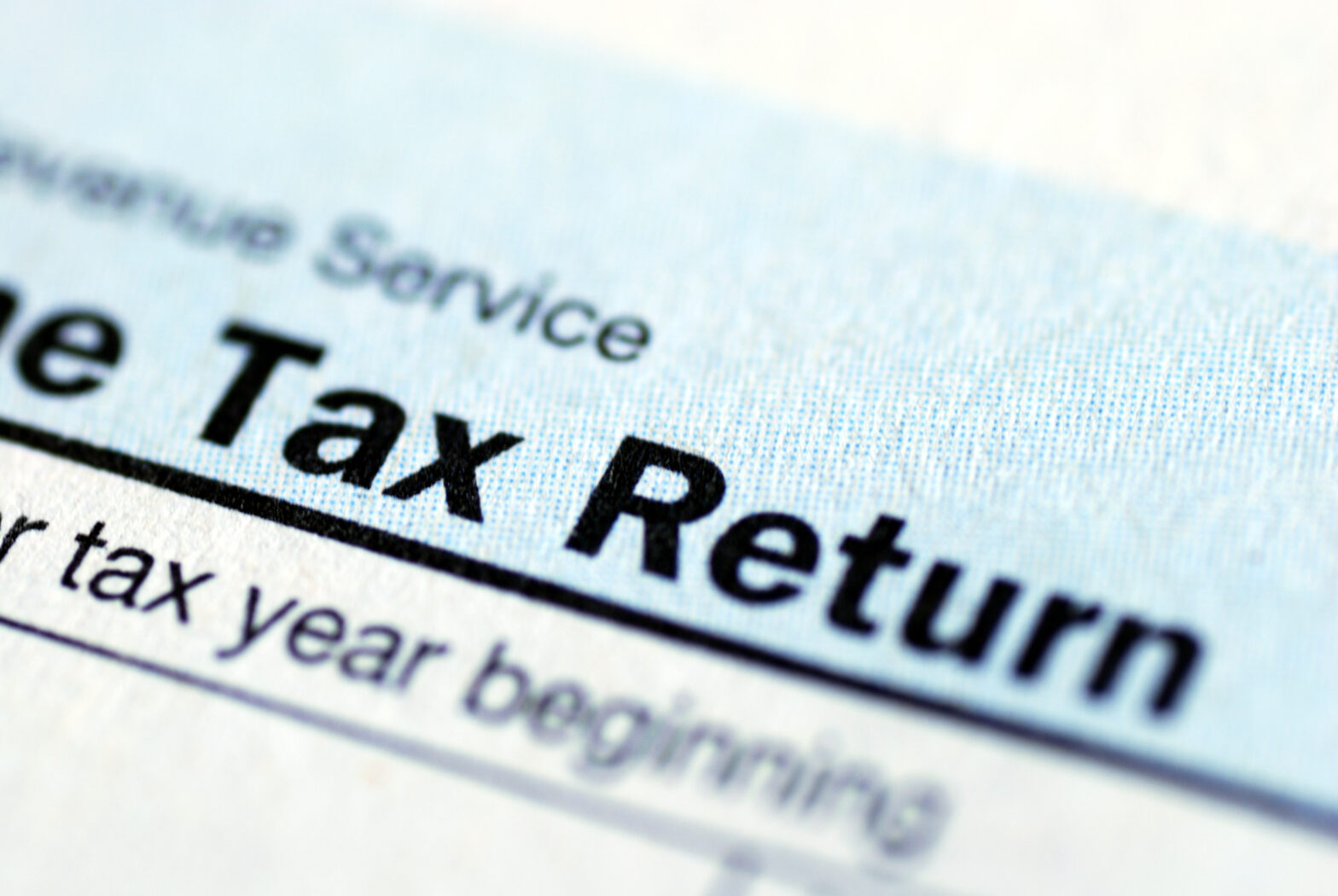January, the start of a new year and the month when many business owners and self-employed are pulling their hair out because the tax return submission deadline is suddenly looming at the end of the month.
Whilst many people do it in good time, many don’t… in fact according to HMRC, 840,000 people failed to meet the deadline last year. Being late causes unnecessary fines that only get worse the more you ignore them.
If you are one of the many yet to complete your tax return, you must do it now and this article is here to help, particularly as the tax return deadline is also the tax payment due date, so you may well need time to get some funds together.
Another important thought is that if it’s your first year in business or your profits have increased, the chances are you will have to pay more than expected with the ‘Payments On Account’ system that HMRC has in place which means this year you will have to make two payments towards your next tax bill. It is calculated by looking at your previous year’s tax bill. The first instalment is due on 31 January and the second on 31 July.
Paperwork in order
As HMRC is pushing to make tax digital, make sure to have all your necessary paperwork together before sitting down to start the online process. This includes details of your earnings from your business, your P60 with details of expenses, any Gift Aid payments and your pension payments. If you have other sources of income, such as savings, shares, rental income (including anything from sources such as AirBnB) and any royalties.
Having all your documents ready and organised will also reduce both the pain and the chance of mistakes when filling in the online form.
Even if you have left it late, using accounting software to speed up your bookkeeping tasks can save a huge amount of time. With the use of functions such as automatic bank feeds and file imports, transactions can be categorised in seconds meaning you have more chance of making the deadline. Due to the nature of accounting software it will also reduce the scope for error which means you pay the right amount of tax and reduce your risk of an HMRC investigation.
Keeping on top of the book
Once you have the previous tax year complete, carry the bookkeeping on and complete it on a much more regular basis. Doing this will help you see how much money you are making (which can lead to important decisions being made earlier) and how much tax you are going to owe in real-time which can help you save for it.
When April comes around you will be ready for the next tax return early which will mean you have a less stressful Christmas and new year and will have lots of time to prepare for the tax bill payment.
Missing the deadline invokes an immediate penalty of £100, which increases over time the more you leave it. An unnecessary loss when you can easily avoid it by tackling the submission now.
Plan ahead
It is also worth noting that as we get closer to the end of the month, the slower the HMRC system becomes because of the volume of users… so beat the rush to avoid this pain too!
The best thing to do is be organised and make a note to get your details submitted earlier. For the next financial year (2017/18) you can submit from 6th April 2018. You need to submit before 30 December if you want HMRC to automatically collect tax from your wages and pension.
If you have an accountant filing your tax return, give him/her as much notice as you can as to when they can expect all your tax paperwork.
This allows them to schedule their time to work on your tax return. And remember, January is one of the busiest months for accountants so factor in plenty of leeway.
Either way, select a quiet time and make sure you submit the next one before the Christmas holidays, rather than the middle of January, as racing to complete a tax return is one bit of stress we can all do without!
Lee Murphy, CEO and founder of cloud book-keeping software Pandle





